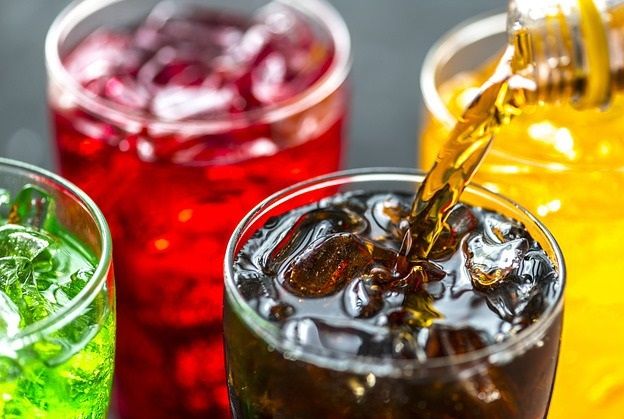Tax on sweetened beverages in Mexico is paid by the poor
According to studies presented by recognized academic institutions, 57% of the proceeds have been paid by Mexicans with fewer resources.

The tax applied to sweetened beverages in Mexico is a "tax on the poor" and has not met its goal of reducing consumption, nor is there clarity on the destination of the funds collected, said the association of bottlers in the country.
The National Association of Soft Drinks and Carbonated Water Producers (ANPRAC), made up of 120 bottlers, issued a position on the update to the Special Tax on Production and Services (IEPS) included in the 2020 economic package, delivered on September 8 by the government to Congress for analysis.
In 2014 the STPS was implemented for sugared beverages for the amount of one peso (0.051 dollars) per liter and raised the update of the quota according to inflation so that today is paid 1.17 pesos (0.059 dollars) per liter. According to the update proposed by the Government for 2020 and based on an inflation estimate of 3.2% for 2019, it is proposed that from January 1, 2020, the applicable quota be 1.2705 pesos per liter.
Sugary beverages have double taxation, since in addition to paying the STPS fee they pay 16% Value Added Tax (VAT), thus adding an approximate tax burden of 30%.
After years of multiple analyses, listening to experts and monitoring official data, but above all to observe and understand Mexicans, it is clear and evident that this tax is a tax on the poor.
According to studies presented by recognized academic institutions, 57% of the proceeds have been paid by Mexicans with fewer resources. The tax has been ineffective because it has not met its objective of changing habits or reducing consumption. So far it is not clear what has been the destination of the resources collected through this tax measure.
According to the World Health Organization (WHO), the fundamental cause of overweight is an imbalance between calories consumed and spent, and that the average daily calorie intake of Mexicans exceeds 3,000 kilocalories per person, 50% more than recommended, where soft drinks represent only between 5% and 6% of total calories.
Without a doubt, it is convenient to continue evaluating and dialoguing to find integral solutions that help us to solve a complex and multifactorial problem such as for overweight and obesity.
Civil society organizations also welcomed the government's inclusion in the 2020 economic package of an update on taxes on tobacco products and sugary beverages.
"This proposal is extremely valuable because it breaks the paralysis in public health policies that prevailed for years," said Erick Antonio Ochoa, director of the organization Salud Justa Mx. However, he pointed out that for consumption to decrease, the tax rate must increase significantly in real terms.




